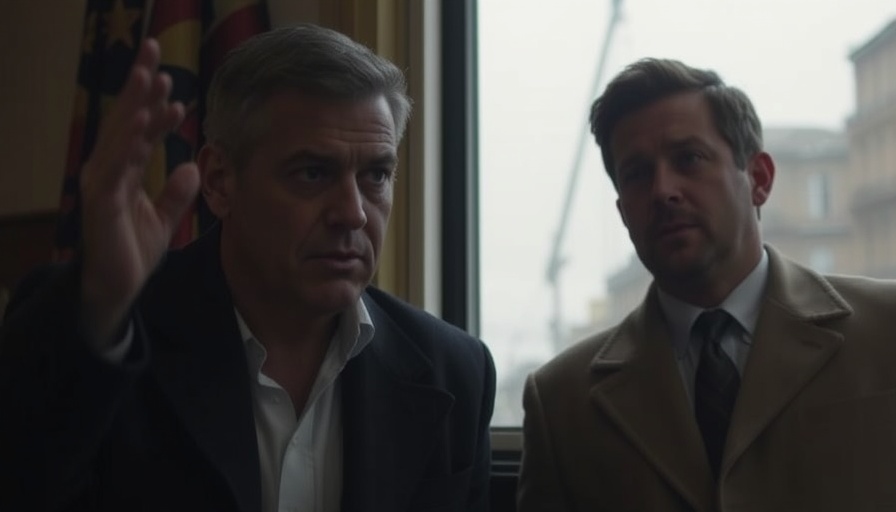
A Century Later: The Legacy of the Scopes Monkey Trial
One hundred years after the infamous Scopes monkey trial that pitted modern science against religious beliefs, its impact continues to resonate deeply within American culture and educational discussions. What began as a clash over the teaching of evolution in Tennessee's public schools has evolved into a broader conversation about academic freedom, censorship, and the role of science in shaping societal values.
Historical Context: A Clash of Ideologies
The Scopes trial took place in the small town of Dayton, Tennessee, amid a rapidly changing American society grappling with modernity. The state had passed a law in 1925 making it illegal to teach any theory that contradicted the biblical account of creation. This anti-evolution law provoked outrage among proponents of scientific inquiry, leading to a legal battle orchestrated by the ACLU. The trial represented a significant moment in the ongoing tension between faith and reason—a debate that has evolved but not disappeared in modern times.
The Cultural Repercussions: Evolving Narratives
For many, the trial is not just a historical event but a representation of ongoing struggles over educational content. As modern-day schools face challenges of book bans and the rising influence of religious fundamentalism, the core questions raised during the trial remain pertinent. Who decides what is taught in schools? What role does science play in shaping our understanding of the world? These questions do not exist in a vacuum but are entangled with issues of civil liberties and the right to free expression.
Lessons from the Past: Educational Implications
As digital nomads explore educational philosophies around the globe, the lessons from the Scopes trial become more relevant. The trial emphasized the importance of teaching critical thinking skills and the necessity of an education system that values scientific inquiry. In an era marked by misinformation and heavy reliance on social media, these lessons highlight the need for adaptable curricula that promote analytical reasoning over dogma.
Looking Ahead: Future Predictions and Opportunities
In the current landscape, challenges to educational content often escalate quickly, influenced by political climates and social media trends. As we look toward the future, the conversation sparked by the Scopes monkey trial can serve as a beacon for educators and policymakers aiming to foster environments where diverse thoughts can coexist. The rise of digital platforms presents both threats and opportunities to disseminate accurate scientific knowledge across borders.
Reflections on Science and Society
Today, the relationship between science and society is just as fraught as it was in the 1920s. Events like the Scopes trial raise crucial discussions about the broader implications of suppressing scientific learning. As digital nomads travel further, they witness firsthand how differing cultural attitudes affect perceptions of science. This interconnectedness highlights the importance of advocating for robust educational frameworks that challenge censorship and encourage a flourishing of ideas.
Understanding Our Educational Landscape: Our Role as Global Citizens
The enduring legacy of the Scopes monkey trial challenges modern thinkers to reconsider their roles in promoting scientific literacy and education. In a world facing numerous global challenges—from climate change to public health—critical thinking and scientific literacy are more essential than ever. As citizens of a global village, digital nomads should take proactive steps to engage in dialogues around educational policies that sustain free thought and scientific inquiry.
The centenary of the Scopes monkey trial compels us to reflect on the importance of teaching evolution and broader scientific concepts in our schools—a reflection of not merely a historical event but an ongoing journey that shapes present and future educational landscapes. As we endeavor towards a more informed society, it is imperative that we advocate for educational environments unshackled by ideological constraints. Only then can we foster a world where knowledge, rather than ignorance, leads our discussions.
As we celebrate the 100th anniversary of this landmark event, it's imperative to engage in discussions about the future of education. To contribute to this dialogue, explore ways to influence educational policies in your community and advocate for the importance of science in curricula.
 Add Row
Add Row  Add
Add 




Write A Comment